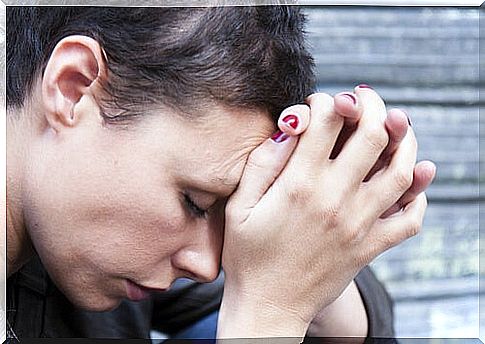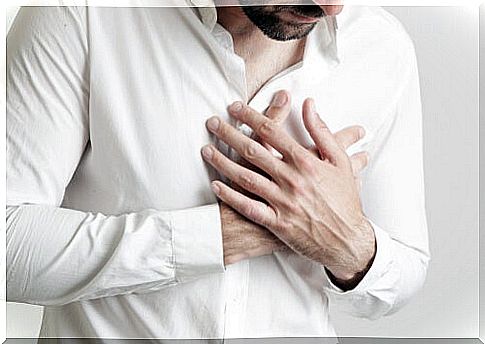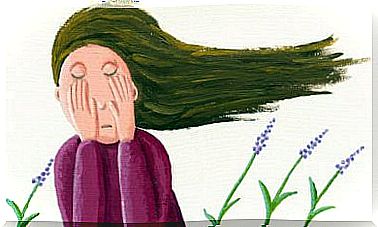Cardiophobia Or Fear Of Heart Attacks

The fear of heart attacks – and the possible and presumed resulting death – is known as cardiophobia. Although, as many people come to see at some point, being frightened by the perception of a rapid heartbeat is not entirely uncommon, this fear becomes a problem the moment it interferes with the normal development of daily routine of a person.
It is, due to its distinctive features, and as the DSM-V manual states, an anxiety disorder that tends to present, among other sensations associated with the heart, with complaints –which can become chronic- of palpitations and pain on the chest, which may not correspond to reality. When anxious access is triggered, it is highly unpleasant for the person suffering from it.
Typically, a person suffering from cardiophobia will tend, at certain times, to perceive as abnormal a physiological – and therefore natural – rise in heart rate due to a state of excitement, stress or physical activation.
It is also usually characteristic of these people to present ruminative thoughts regarding a possible heart disease and to go, repeatedly, to medical specialists for fear of a possible heart attack and, therefore, a possible death. Typically, they request a myriad of medical tests that are often negative.
As with other phobias, the fear of heart attacks is essentially anxious, it tends to present somewhat irrational characteristics and disconnected from the reality of the facts. In addition, it produces considerable psychological discomfort that can lead to a relative disability for the affected person.
But, as with other fears and anxiety elements, cardiophobia is capable of being treated therapeutically with a high probability of success. Cognitive-behavioral therapy, as the scientific literature collects, is usually efficient in this approach, as it is for other types of phobia, such as agoraphobia or social phobia.

Symptoms of fear of heart attacks
A person suffering from cardiophobia may show, at the moment of appearance of this specific fear, some of the following symptoms, which include both physical, cognitive and psychological variations :
- High levels of anxiety.
- Avoidance of physical activity.
- Appearance of breathing patterns that are difficult (dyspnea) or excessively rapid (tachypnea).
- Tachycardia or palpitations.
- Dizziness and / or vomiting
- Excessive sweating
- Dry mouth
- Concentration problems.
- Discourse inconsistency.
- Tremors
- Irritability.
- Feeling of loss of control
- Headaches
- Avoidance behaviors.
Possible causes of cardiophobia
As a specific or ‘isolated’ phobia that it is, the fear of heart attacks can sometimes derive from some type of previous trauma, especially children and those that involve physical damage. Generally, the key factors of cardiophobia are not usually of a social nature.
In the psychological field, there is a tendency to believe that specific phobias can, at least some of them, involve hereditary factors. The fight or flight response that characterizes the appearance of a phobia could, for example, occur more easily in people who are genetically more predisposed to it.
Parental education can, in some cases, play an important role in the generation of the phobia. In these cases, the parents may have raised the child in the belief that perceived irregularities in the heart rhythm could be indicative of a fatal abnormality in the functioning of the heart.

Some treatments for fear of heart attacks
Among the most effective therapeutic approaches focused on the extinction of this phobia, the following stand out:
- CBT or cognitive behavioral therapy.
- Learning relaxation strategies.
- Cognitive therapy.
- Psychotherapy.
- Group therapy.
- Hypnotherapy.
- The meditation.
- Psychopharmacology.
As uncomfortable as the presence of this fear may be, anyone who falls victim to this phobia -perfectly described clinically and with a proven real existence- could feel hopeful about the wide range of existing therapeutic options.
Any treatment of an irrational fear or phobia usually involves a relatively hard and intense work process on the part of the person. But, in general, as has been repeatedly demonstrated in clinical practice, the results are usually positive and permanent.









